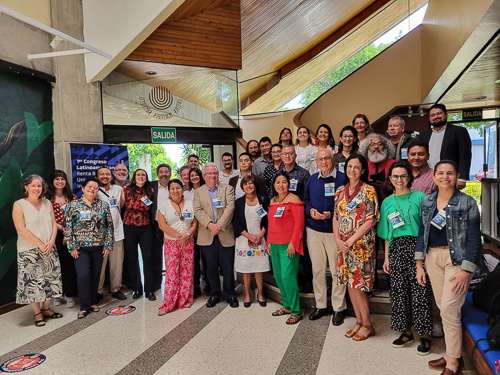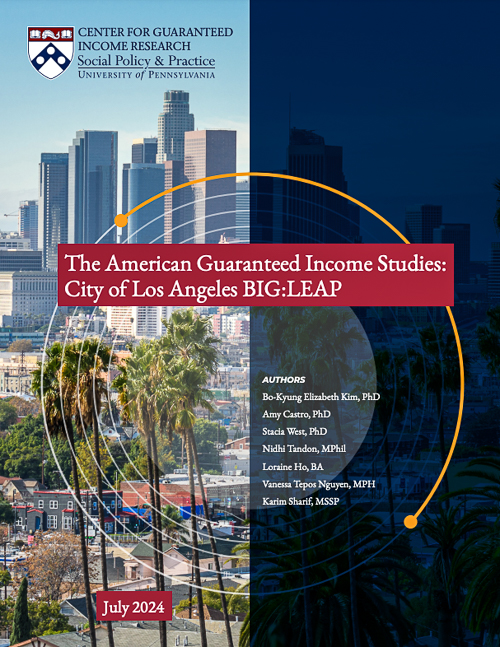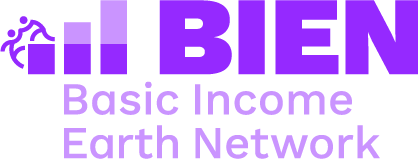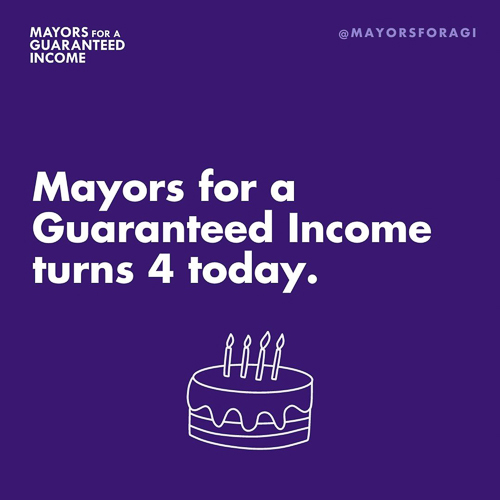
by Peter Knight | Aug 3, 2024 | Events, News
“Thinking about basic income in a context of crisis and transformation in Latin America” was the general theme of the congress that brought together participants from ten countries in the region and six countries from other continents. Global unrest, women’s unpaid work, transformation of income transfer programs, real forms of financing, colonialism, are some of the notable themes that add to the set of intersections elaborated on the theme of basic income, through articles, summaries, presentations and interventions distributed in thirteen panels and two thematic tables.
To see the full article in English, click here
Para ler o artigo em português clique aqui

by Peter Knight | Jul 31, 2024 | News
“In October 2021, former Mayor Eric Garcetti announced the Basic Income Guaranteed: Los Angeles Economic Assistance Pilot (BIG:LEAP) program. Benefitting just over 3,200 households, the program provided $1,000 per month in unconditional cash payments for 12 months to households living in deep poverty within the city of Los Angeles. To qualify, Angelenos were required to be at least 18 years old, have at least one dependent child within the household or be expecting a child, be negatively impacted by COVID-19, and fall below the federal poverty threshold. The program was implemented by the city’s Community Investment for Families Department (CIFD), and supported by the general fund as well as investments from local council district leaders. Administrative costs were supported by he Mayor’s Fund for Los Angeles and Mayors for a Guaranteed Income.”
To read the full report, click here.

by Peter Knight | Jul 17, 2024 | News
Guy Standing, Karl Widerquist and Evelyn Forget are quoted in this article dated July 17.

by Peter Knight | Jul 1, 2024 | Events, News
Congress Full Booklet Download
This booklet aims to answer every question you may have about the congress, from location, to schedule.
To access the BIEN Congress 2024 site and download the 52-page booklet, click here.

by Peter Knight | Jun 29, 2024 | News
“MGI was founded in June 2020 with 11 members. The Stockton Economic Empowerment Demonstration (SEED), which was announced in 2017 and implemented in 2019, had proven Mayor Michael Tubbs’s assumption that low-income residents would use the money on basic necessities, and independent research showed that full-time employment increased, mental and physical health improved, and more people were able to save enough money to afford life’s unforeseen emergencies. Mayor Melvin Carter of Saint Paul, MGI’s Co-Chair, joined Mayor Tubbs and nine other mayors to create MGI and begin advocating for guaranteed income pilots in their cities.
In just four years, we’ve grown to 160 mayors, with members in almost every state. Building off of that momentum, we launched Counties for a Guaranteed Income (CGI) in February 2023 and we’ve doubled the number of county elected officials who are part of the movement since then. All together, we’ve supported 60+ pilots, delivering $300 million in direct, unconditional relief to everyday Americans.”
To read the full MGI/CGI June Newsletter, click here.






